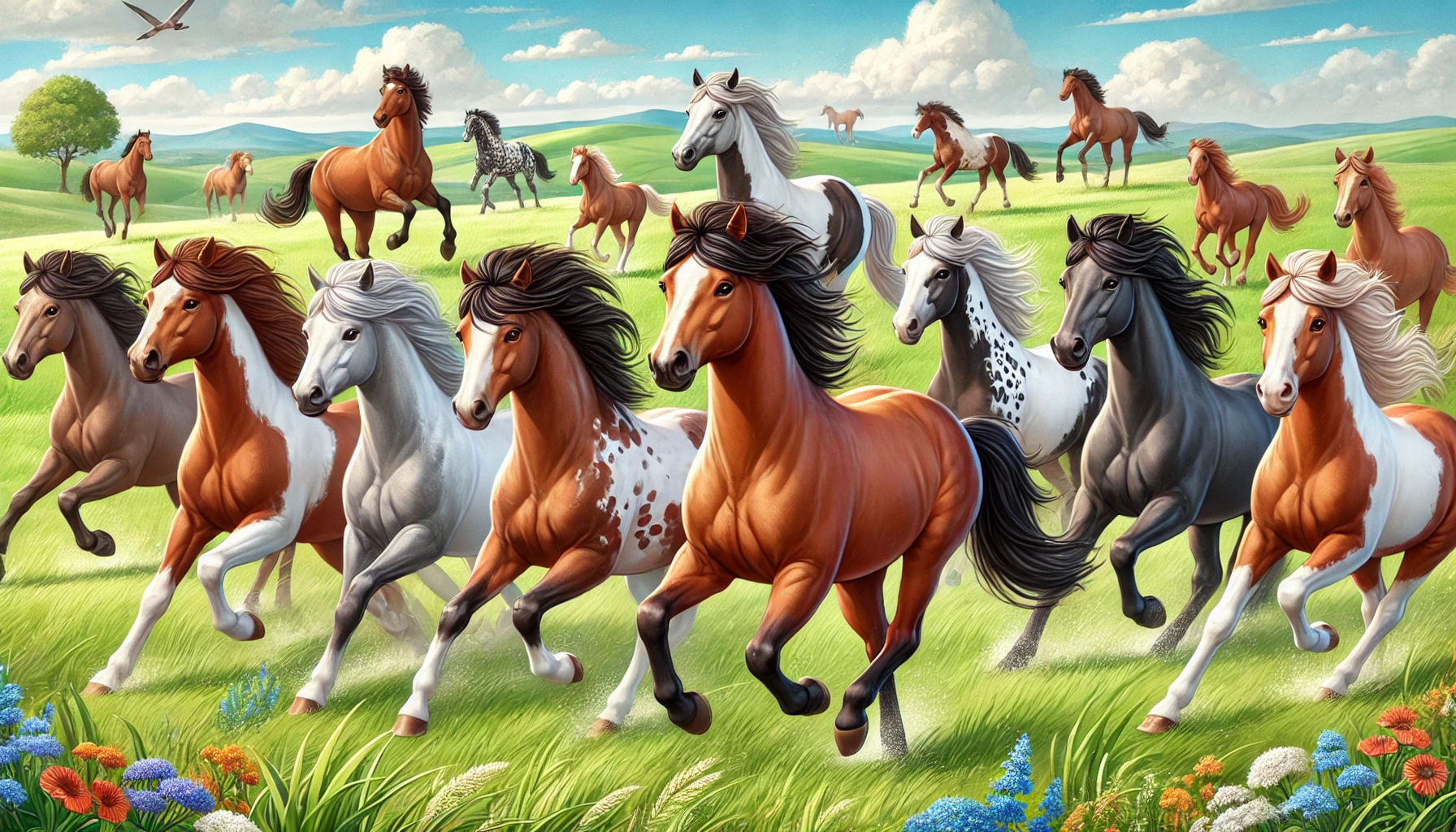Interesting Facts About Horses and Their Behavior
Interesting Facts About Horses and Their Behavior
Table of Contents:
- Introduction to Horses and Their Behavior
- The Different Breeds of Horses
- How Horses Communicate with Humans
- The Role of Horses in History
- How to Care for Horses in Different Climates
- Conclusion: Understanding the Unique Nature of Horses
Interesting Facts About Horses and Their Behavior
Horses are among the most majestic and versatile animals on the planet. Known for their speed, strength, and intelligence, horses have been loyal companions and crucial working animals for centuries. In this article, we will explore interesting facts about horses, their behavior, and how they have interacted with humans throughout history.
1. The Different Breeds of Horses
There are over 300 different breeds of horses worldwide, each with its own unique characteristics. Some of the most famous breeds include the Arabian horse, known for its endurance and agility, the Thoroughbred, famous for its speed in horse racing, and the Clydesdale, a large draft horse known for its strength. Horses have been bred for various purposes, from racing and sports to farming and transportation. These diverse breeds allow horses to thrive in different climates and perform a wide range of tasks.
2. How Horses Communicate with Humans
Horses are incredibly perceptive animals and communicate with humans using a combination of vocalizations, body language, and facial expressions. They use sounds like whinnies, nickers, and snorts to convey different emotions. For example, a horse may nicker softly to show affection. However, the majority of horses’ communication is through body language, such as the position of their ears or tail. Forward-facing ears indicate curiosity or interest, while pinned-back ears often signal discomfort or aggression. Horses also pick up on human emotions and can sense when their handlers are anxious or calm, making them excellent companions for activities like therapy and riding.
3. The Role of Horses in History
Throughout history, horses have played a vital role in human civilization. They were once the primary means of transportation and were essential for agricultural work. Horses have also been used in warfare, from chariots in ancient times to cavalry units in more recent history. Their speed and endurance made them valuable assets in battle. Additionally, horses have been central to sports and leisure, from horse racing to equestrian competitions. Today, they continue to hold cultural significance in many parts of the world, symbolizing power, freedom, and beauty.
4. How to Care for Horses in Different Climates
Caring for horses varies depending on the climate they live in. In colder climates, horses grow thicker coats to protect themselves from the cold, but they still require shelter and proper feeding to maintain body warmth. In hot climates, horses need shade, plenty of water, and lighter workloads to prevent overheating. Grooming is also important, as it helps regulate their body temperature and keeps their coats healthy. Proper care ensures that horses remain healthy, whether they are being used for work, sport, or companionship.
5. Conclusion: Understanding the Unique Nature of Horses
In conclusion, horses are remarkable animals with unique behaviors, communication methods, and historical significance. Their intelligence, loyalty, and versatility make them incredible companions and invaluable working animals. Understanding more about horses helps us appreciate their vital role in human history and their continued importance today. Whether used for work, therapy, or leisure, horses remain an integral part of human life, symbolizing strength, freedom, and beauty.

<ⓒ WizardMedics (wizardmedics.com)>






